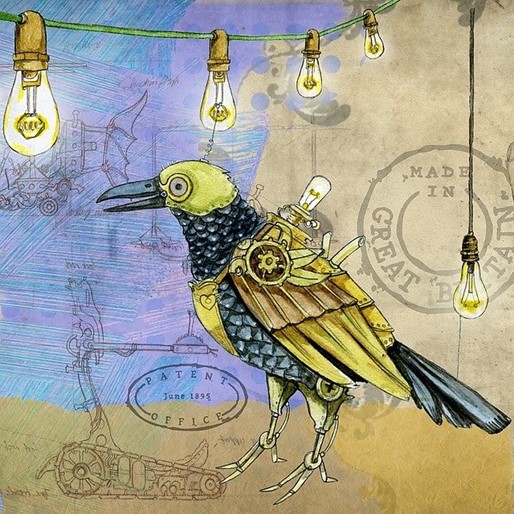Intellectual property, or known as an IP, is the term used to describe an invention or an idea that you have created. Your intellectual property could be an idea you need for your business, it could be a life-saving device, or it could be the start of your new business.
This idea or invention could be life-changing for you and others, or it could be something you have always been passionate about and want to make it yours, so you need to protect it. Protecting your intellectual property is a must to ensure it remains yours, and here are the reasons why you need to do it.
-
You Do Not Know How to Patent
Filing a patent is the process in which your idea, design, or invention becomes legally binding as yours. This process involves the U.S. Patent and Trademark Office (or equivalent in your country), and they require a series of filings and applications. These applications are difficult to navigate for the unfamiliar, so hiring patent specialists is advised. These attorneys can help navigate all of the questions and concerns you have for patenting your intellectual property to avoid any confusion. The other problem is creating an unfulfilled application and having it rejected, which can waste a lot of time as patents can take up to 3 years to be confirmed.
-
It Is Becoming Easier
It might seem contradictory to the previous reason, but the process itself is becoming easier. Even if you do not know what to do, there are attorneys, filing systems, and resources available now that were once harder to come by. This has made it easier for first-time or long-time patent filers to protect their intellectual property and retain control over their ideas, designs, and inventions. The ease of filing is a major reason why people can protect their IPs, and the costs are dropping because of electronic filing, for individuals and small businesses.
-
First to Control the IP
The most obvious reason is that you want to be the first person to control the ownership of this IP. The system of filing a patent in the U.S. is focused more on the first to file rather than first to invent, so it is advantageous to have control over your idea or invention first. You may not be the first person to have come up with the idea, but you need to be the first to have a legal claim to it with a patent. Other people have a similar idea and may want to patent it first, which is what a provisional patent is good for. Similarly, people try to control as many IPs as possible, and yours could end up being one of them so doing it sooner rather than later is a must.
-
Potential Growth
Your IP may be the first step in personal financial growth or business growth, so protecting it at all costs is necessary to maintain these goals. The growth you can see from a new design idea for a user interface, or a working system, or a product, or anything related to your business could be that life-changing turnaround you need or the way to put yourself on the map. This is all for naught if you fail to patent the IP. Your growth also tends towards the need to check for infringement, which is a major part of protecting your IP. Keeping other businesses or individuals from growing using your idea is reliant on your ability to stay on top of knowing where your idea is being used.
-
Testing the Need for Patenting
Lastly, you need to see if your patent is even worth it. All of that growth you can imagine is only as good as the patent itself. Some people protect hundreds and even thousands of IPs, but they end up doing nothing. The point is not that there are a lot of bad ideas, it is that any idea should be protected because it could be useful. This time can be spent researching the market, the potential. Suitable users, anyone who could benefit from your idea, design, or creation. Figuring out where the IP can be used is an important part of protecting it and seeing if it is worth your time and effort.

Coming up with the next breakthrough idea could be as simple as a small improvement for your business or help you make some money, and it could be as big as a globally recognized creation, but none of it matters if it is not protected. These reasons show you why you need to patent and protect any intellectual property you come up with to keep your ideas as your own.


